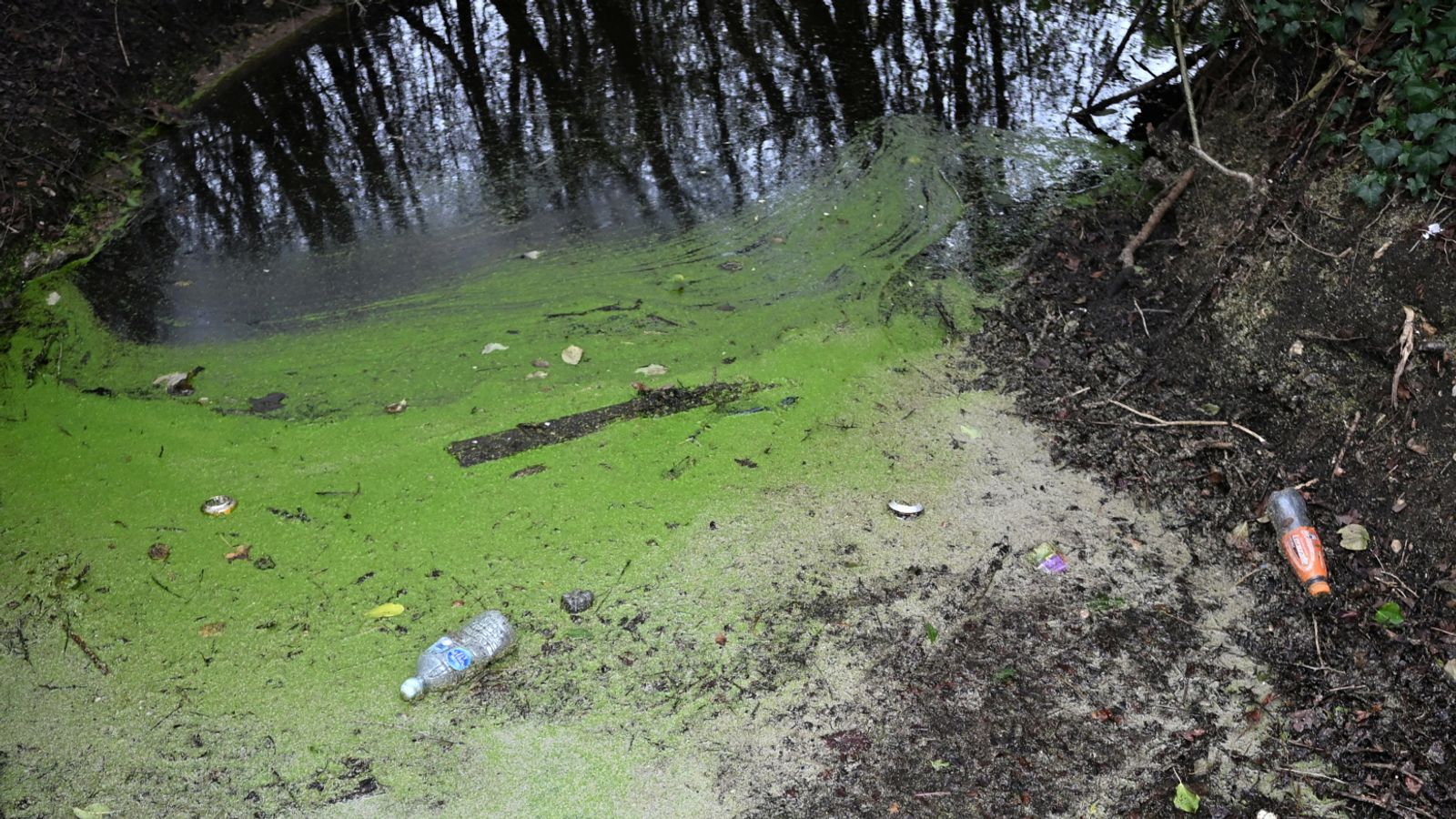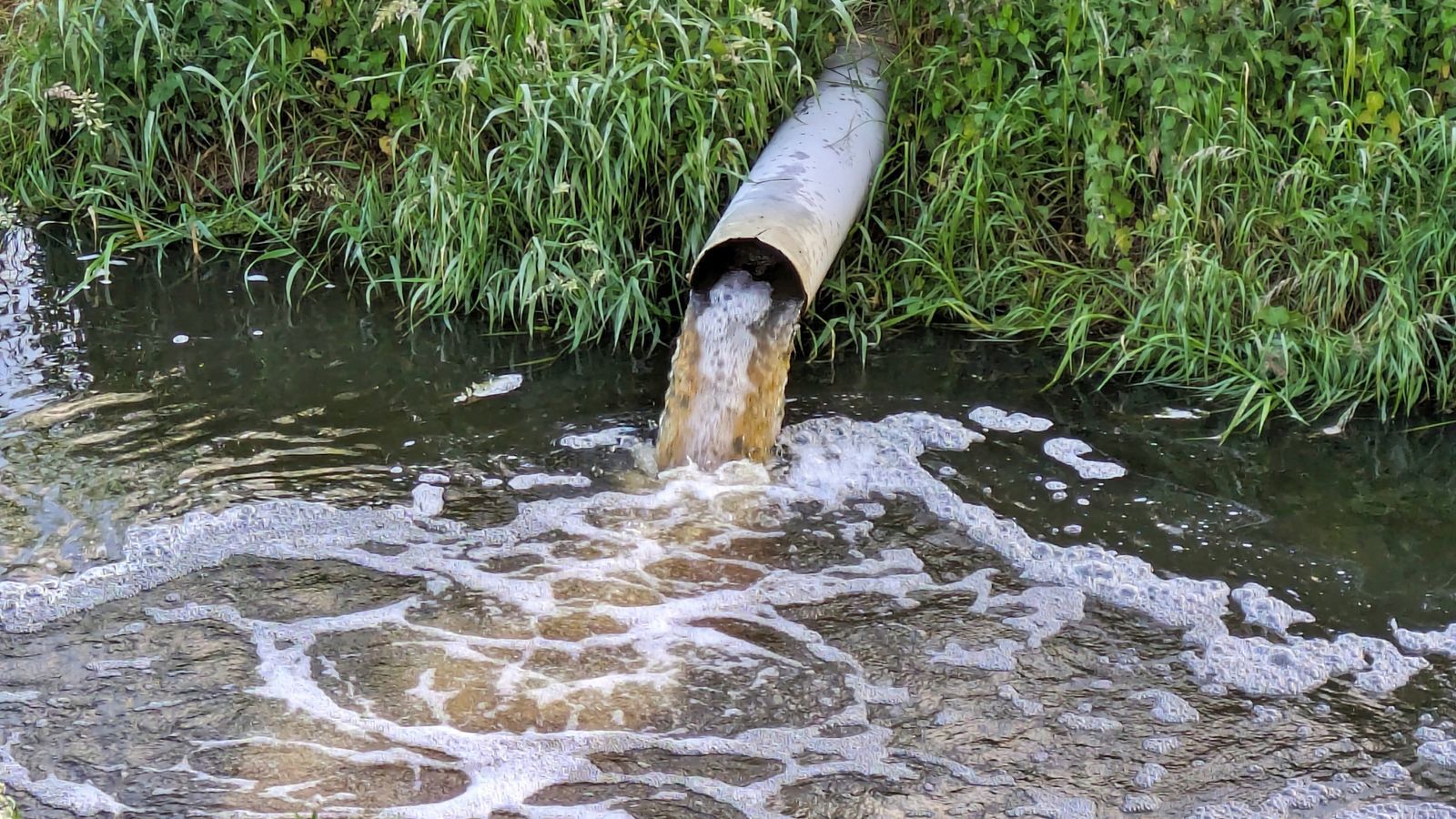After years of protest, promised action, and bill increases, it would be reasonable to expect the sewage scandal to have improved.
In fact, it’s done the complete opposite: A 60% increase in pollution incidents between 2023 and 2024.
Water firms admit they’re not doing well enough, but point out, correctly, that 2024 was a wet year.
Wet weather means a greater likelihood of sewage spills from pipes that carry both rainfall and sewage.
Environment Agency data reveals that the excuse doesn’t wash.
Serious pollution incidents are up 30% since 2016. And this is the third consecutive year in which they’ve increased.
Their latest report reaffirms what we already know: Persistent underinvestment and poor asset maintenance are why the sewage system can’t cope.
The share of the problem varies widely from company to company, with United Utilities and Northumbrian Water having the fewest pollution incidents.
Then it’s Southern, Anglian, and Thames Water, England’s largest water firm, topping the pollution pop charts.
There was some good-ish news. Transparency seems to be improving almost across the board, with more companies “self-reporting” pollution incidents than ever before.
It’s notable, however, that for the 11 most serious – Category 1 – pollution incidents in 2024, only four were reported by water companies themselves, the other seven by third parties.
It’s easy, of course, to blame the water companies. But the Independent Water Commission, due to report next week, is expected to call for a radical shake-up of the sector, including the possible dismantling of water regulator Ofwat.
The buck, ultimately, rises higher than that before stopping.
Read more:
‘Disgraceful’ amount of sewage being dumped in rivers, minister says
Water bosses face up to two years in prison for illegal sewage spills
Successive governments pressured Ofwat to keep bills low, yet denied it the power to limit water company financial engineering.
The resulting lack of real engineering – of our sewers and water supplies – has left a problem for which there can now be no quick or cheap fix.





